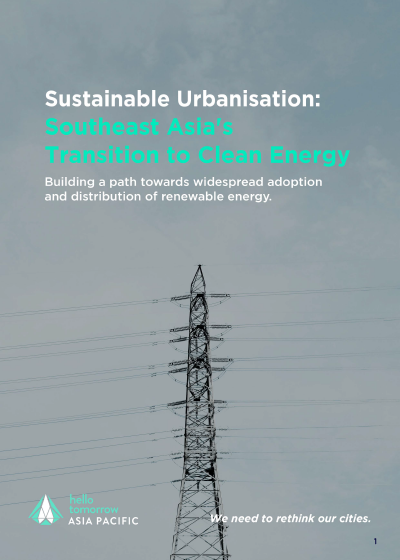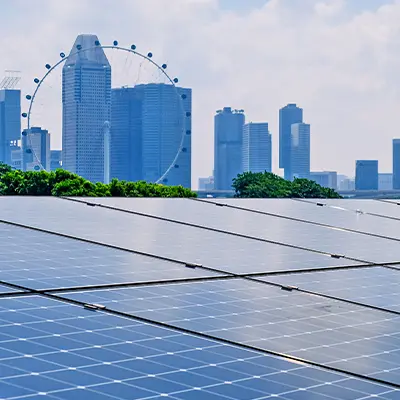Logistics company DHL Express will have an additional 80 electric vehicles (EVs) on its delivery fleet in Singapore by October this year, bringing the total tally to 90, out of the 390 delivery vehicles it operates here.
The announcement was made at the EV fleet expansion event held at DHL Express' facility at Greenwich Drive on Tuesday (June 21) in the presence of Transport Minister S. Iswaran.
These vehicles are expected to cover 30 per cent of DHL's daily routes.
Mr Christopher Ong, the managing director of DHL Express Singapore, said: "By transitioning to electric vehicles, DHL Express Singapore is set to eliminate a total of 323 tonnes of CO2 emissions yearly."
DHL's latest additions are Citroen e-Dispatch vans which can carry up to one tonne of load. A fully charged vehicle has a range of up to 339km. For DHL deliveries, the vehicles travel just over 100km daily to cover delivery routes.
These 80 vans are on a five-year leasing and maintenance contract with ComfortDelGro Rent-A-Car, a subsidiary of the transport giant.
To support the new EVs, 105 EV chargers will be installed in DHL's service centres. This is believed to be largest deployment of EV chargers for a commercial application in Singapore yet.
The Siemens 7 kilowatt AC chargers are supplied and installed by private charging firm, EVOne Charging.
The charging system is able to manage the electric load on the facility's network, enabling DHL to monitor theEVs' energy usage pattern as well as help with allocating charging slots to the vehicles.
By opting for AC chargers instead of the faster but also more energy intensive DC chargers, the installation at DHL's service centres is not expected to require major upgrade to its power supply grid.
Three hours of charging will add approximately 85 km of operating range to the vehicle. A full charge for a completely flat battery will take up to nearly 11 hours.
In January this year, DHL used 10 EV vans in a pilot programme to test the charging capabilities and gain experience with using these vehicles. They consisted of the Citroen e-Dispatch and the electric version of the Renault Kangoo, which has a smaller payload.
A part of Deutsche Post, DHL targets to achieve net-zero emissions by 2050. Globally, the company has partnered with fuel suppliers Neste and BP to secure more than 800 million litres of sustainable aviation fuel until 2026.
DHL also wants to electrify 60 per cent of its global last-mile delivery fleet by 2030.








